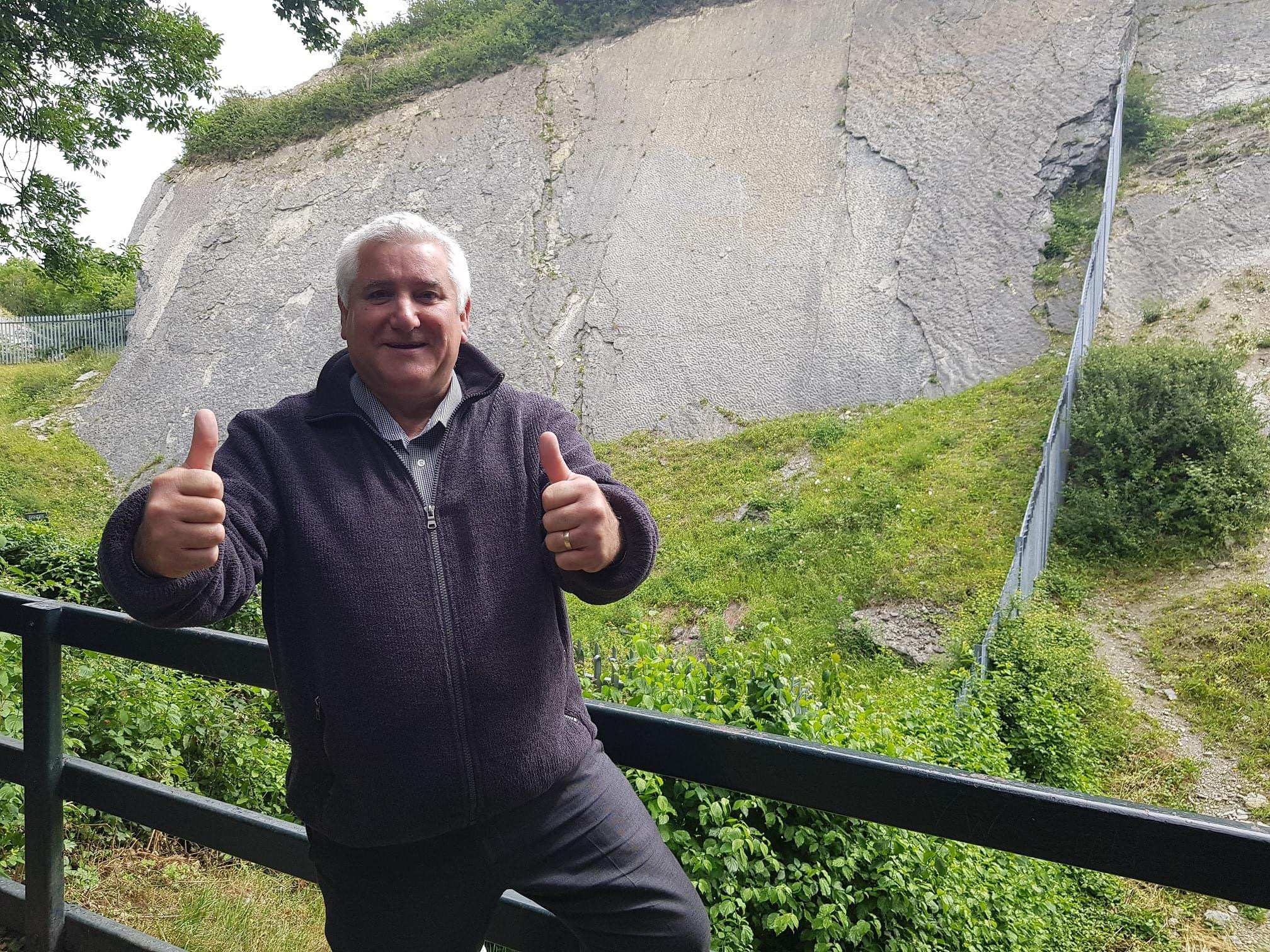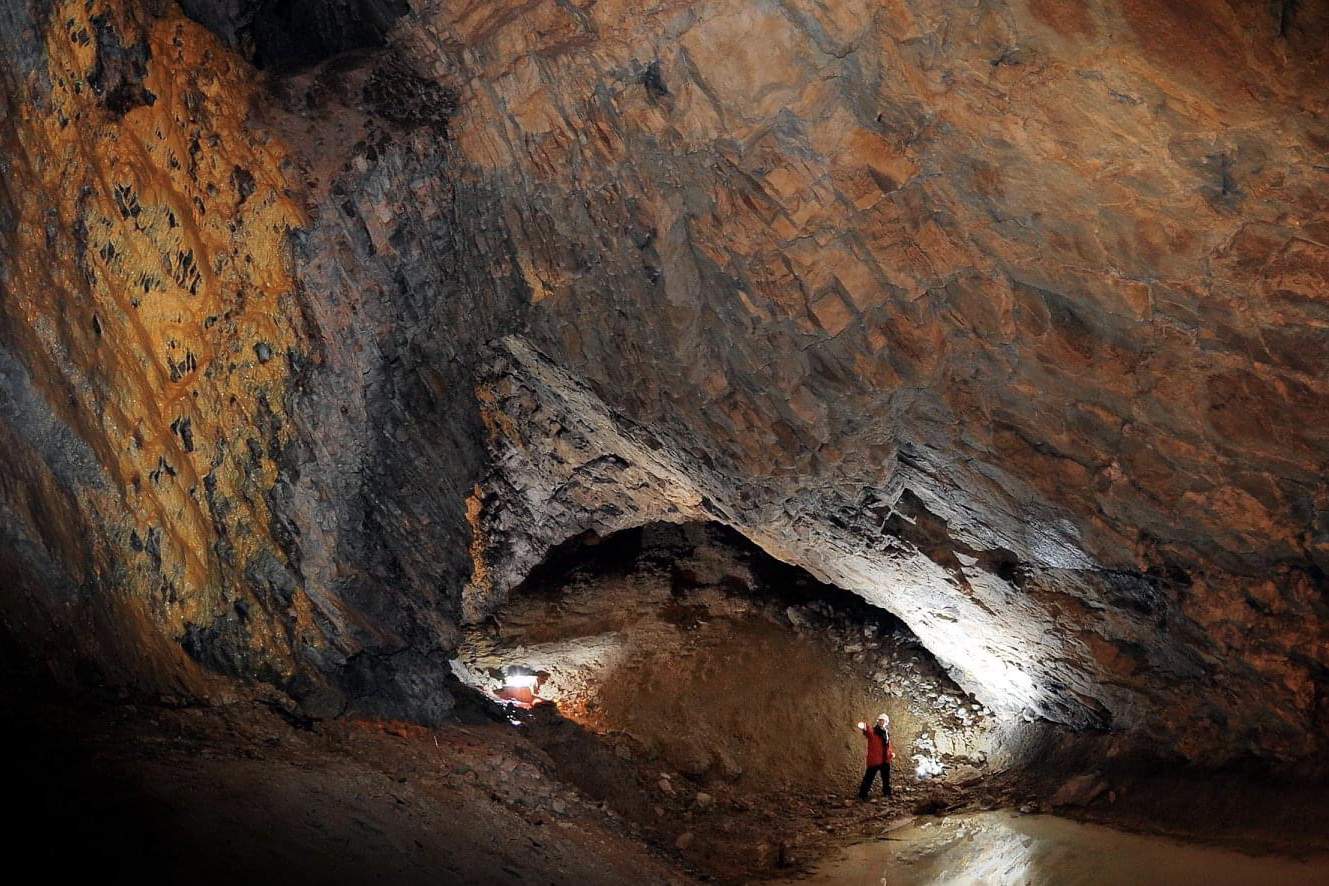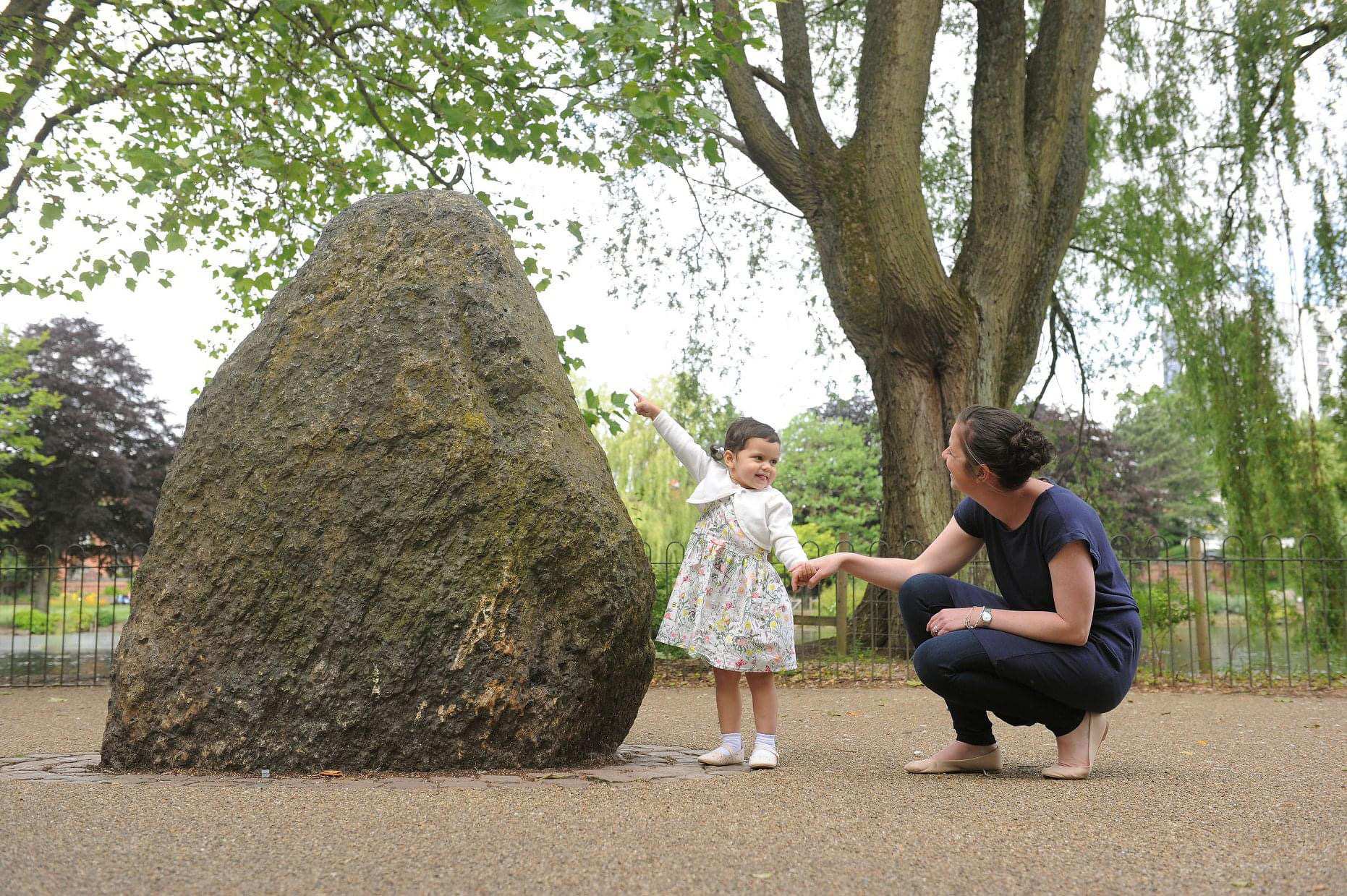
There were huge cheers from around the Black Country today as the region became an official, world-famous UNESCO Global Geopark.
After submitting its final stage of the application to UNESCO last year, the Black Country Geopark project group has been waiting with bated breath to hear whether it would be successful.
Today, more than ten years on since the project was first conceived and discussed it has become a reality.
The Executive Board of UNESCO has confirmed that the Black Country has been welcomed into the network of Global Geoparks as a place with internationally important geology, because of its cultural heritage and the active partnerships committed to conserving, managing and promoting it.
This means the Black Country is now on a par with UNESCO Global Geoparks in countries stretching from Brazil to Canada and Iceland to Tanzania.
Geopark status recognises the many world-class natural and important cultural features in the Black Country and how they come to tell the story of the landscape and the people that live within it.

In the case of the Black Country, the significant part it played in the industrial revolution has been at the heart of the bid. More than forty varied geosites have been selected so far within the geopark that tell its story as a special landscape but more will be added as the Geopark develops. Councillor Patrick Harley, leader of Dudley Council, said:
“This is a truly a momentous occasion for the Black Country. I couldn’t be prouder of what has been achieved and I am delighted the announcement has been made during Black Country Month.
“Our region is renowned for being a driving force during the industrial revolution and this status recognises the importance our geological heritage played at the time and how it defined this area. It also marks the start of an exciting new chapter.
“Becoming a UNESCO Global Geopark really puts us on the world map and gives us the opportunity to tell our story to the world and celebrate the many sites and features that we are so fortunate to have.

“We hope this new UNESCO badge will encourage visitors from all over Great Britain and from around the world and bring in new funding to help us to further develop the Geopark.”
Geosites include Dudley and Wolverhampton Museums, Wrens Nest National Nature Reserve, Sandwell Valley, Red House Glass Cone, Bantock Park and Walsall Arboretum.
Key partners involved in the geopark include Natural England, the Canal and River Trust, the Wildlife Trust For Birmingham and the Black Country, the Black Country Consortium and the Black Country Local Enterprise Partnership. Ambassador Matthew Lodge, UK Permanent Delegate to UNESCO, Foreign and Commonwealth Office:
“I am delighted that the Black Country has become the UK's eighth UNESCO Global Geopark, joining the UK's exceptional network of UNESCO designations.
“With geology stretching back 428 million years, and a landscape and heritage that shaped the modern world during the industrial revolution, it is right that the Black Country is given this prestigious UN status.
“Today's announcement ensures that this remarkable site will continue to inspire the million people who call the landscape home, as well as local and international visitors in the years to come. Congratulations to all.”
To find out more about the Black Country UNESCO Global Geopark, you can visit blackcountrygeopark.org.uk.














Comments
Add a comment